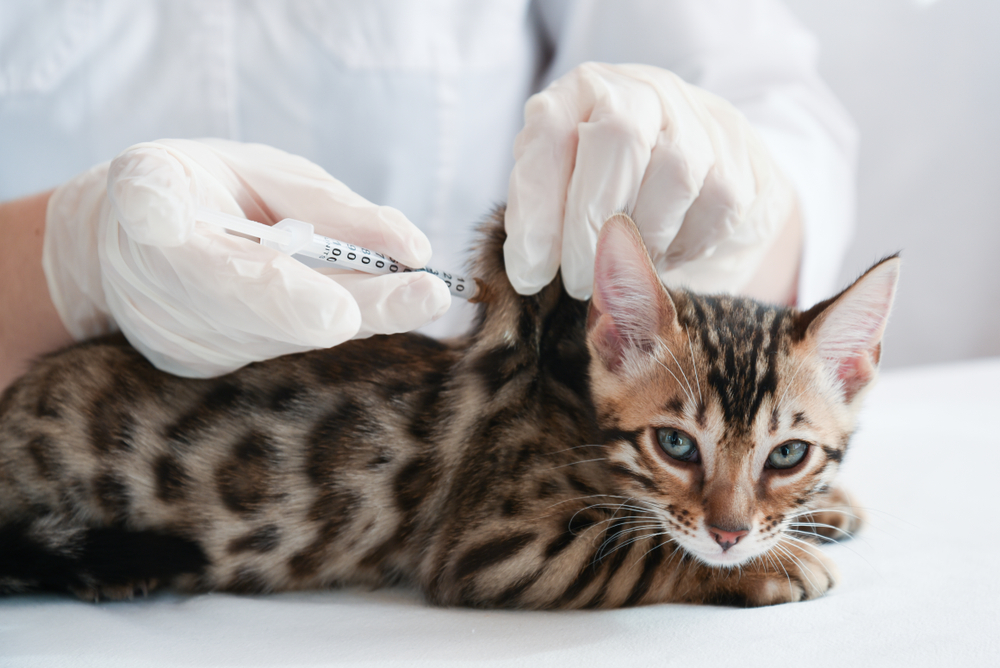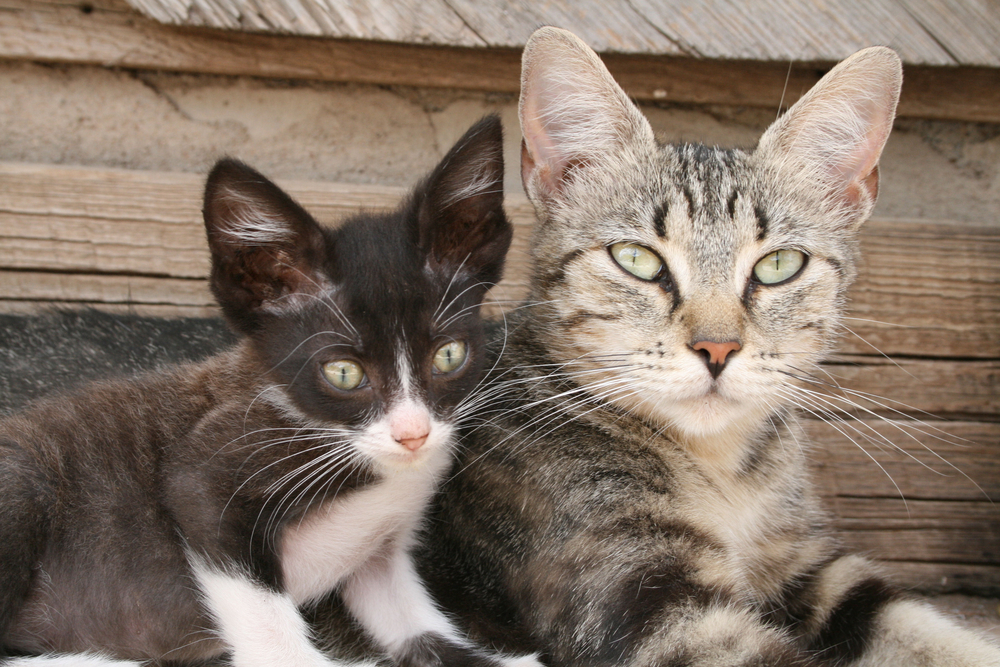Anyone who’s ever owned a cat knows the perks of having a feline companion. Besides being your playmate, cats can give you lots of love and emotional support. In fact, according to a study conducted in Australia, cat owners exhibit better psychological health than those who don’t own pets. Whether this fact is due to causation or correlation, it’s safe to say that having a cat is one of the greatest joys in life.
But can you guess what’s better than owning a cat? If you said “nothing,” you’re wrong. If you said “having two or more cats” then you’re absolutely right! Owning more than one cat means you get to receive even more affection and psychological benefits. Plus, your cats get to enjoy the company of fellow feline playmates. Happy cats, happy life!
Despite all the advantages of having cats, there are some factors you need to consider. One of the most important is your location. Although there are no federal laws in the United States that dictate how many cats you can own, there are local laws in virtually every state, including the state of California.
Table of Contents
How many cats can you legally own in California?

Most counties in California allow you to have up to three or four cats over the age of four months. In Los Angeles County, for example, you can own three cats, whereas, in San Francisco county, you can have as many as four.
If you want more cats than your county allows and you don’t live in an unincorporated area, you need to apply for a special permit. However, if you live in an unincorporated area, you can own up to five cats without a permit.
How can you obtain a permit?
Once you’ve established that a special permit, i.e., a kennel license, is required, you can contact your jurisdiction’s department for animal services or visit its official website and request a license application.
Application Form
The application normally includes the following:
- Your name and address
- Kennel address, if different from yours
- Kennel description
- Number of proposed cats to live on the property.
Additional Requirements
Depending on your town, there may be extra requirements. In Newport Beach, for example, the police have to conduct an investigation on you and your property. In such cases, the following information may be required:
- Proof of zoning compliance
- Name of commercial kennel (if you own cats for commercial purposes, e.g., breeding, buying, selling, training)
- Property owner’s or landlord’s name.
The kennel requirements differ by location, but each county has its own set of basic codes which apply to operating a kennel. These include ensuring the kennels are in good shape and keeping the property clean and sanitary.
Requirements for kennel construction materials depend on your location. In addition, your jurisdiction may have statutes in place for factors like heating, cooling, ventilation, and lighting, so it’s a good idea to check in with your local department of animal services.
Revocation or Suspension
Your license can either be revoked or suspended for a number of reasons, such as:
- Failure to maintain sanitation and safety of the property
- Animal abuse, cruelty, or neglect
- Kennel-related public nuisance
- Violation of local zoning
- Violation of California penal code section 597.
As you can see, obtaining and maintaining a permit entails a lot of work and responsibility. Besides filling out an application, you have to fulfill your town’s additional requirements, if any. Once you’ve received your license, you need to comply with your jurisdiction’s requirements to avoid having it either revoked or suspended.
What about vaccination and licensing?

Now that you have a thorough understanding of the process for housing three or more cats on your property, let’s go over vaccination requirements.
Vaccination
Some areas mandate that all cats over the age of four months be vaccinated against rabies and licensed through your local animal services agency.
Cats must be re-vaccinated every year or every three years if you opt for an approved three-year vaccine. If you fail to comply with your area’s vaccination requirements, you may be subject to fines or penalties.
Licensing
Licensing is essential because it serves as a source of identification and helps people return lost cats to their owners in a timely manner. The process can be completed online, in person at an animal care center, or via mail. The license fee, which is paid during licensing, depends on your location and whether your cat is spayed/neutered.
What about spaying and neutering?

Depending on where you live, your cats might also have to be spayed/neutered and microchipped. Several areas, including Los Angeles County, have this requirement in order to reduce their yearly euthanizations, so make sure you do your due diligence.
Spaying and Neutering
Spay/neuter fees depend on your cats’ gender, weight, pregnancy status, and heat cycle. Spaying a female cat generally costs more than neutering a male dog, and the heavier the cat, the higher the fee. As a result of the extra work and the risks involved, most veterinarians charge an additional fee for spaying a pregnant cat or a cat in heat.
It’s worth noting, too, that people who get their cats spayed/neutered benefit from reduced license fees.
Microchipping
Getting your cats microchipped is another important requirement. Microchips are designed to provide permanent identification in addition to licensing. Its implants are known as radio frequency identification (RFID) tags, which are passive grain-sized chips. Each RFID tag stores a unique identification number and doesn’t transmit information. The microchip doesn’t have a battery, nor does it have an internal power source. Instead, it sits motionless in the cat until a microchip scanner reads it.
While some cat owners may have concerns about their cats’ safety when getting them microchipped, the truth is that RFID tags are completely harmless. Many of the microchip’s components are covered with a biocompatible material, so they are non-toxic and allergy-friendly, provided that the chip is implanted properly.
Once your cats have been microchipped, you need to register their numbers with your local animal services agency. Your veterinarian will give you the documentation and contact information, as well as let you know if there are any required fees. Without registration, the whole microchipping procedure is meaningless. That is, your cats will carry the microchips, but they will have absolutely no effect on their identification.
You also need to make sure your contact information is updated. If you change your address or telephone number, you have to update your contact information with the animal services agency.
Final Thoughts
Owning cats requires a great deal of responsibility, commitment, and patience. This applies to all cat owners, especially owners who want several cats. If you live in California, you have to stay up-to-date on your jurisdiction’s statutes and regulations regarding cat ownership, and many owners also need to possess a special permit.
Furthermore, there are vaccination, licensing, and spay/neuter requirements to be aware of. These standards are meant to protect your cats and keep the feline population under control to reduce the overall number of euthanizations.
So, if you’re ready to responsibly own cats, you can visit an animal shelter or rescue that’s focused on providing cats with loving homes. Happy cats, happy life!

















